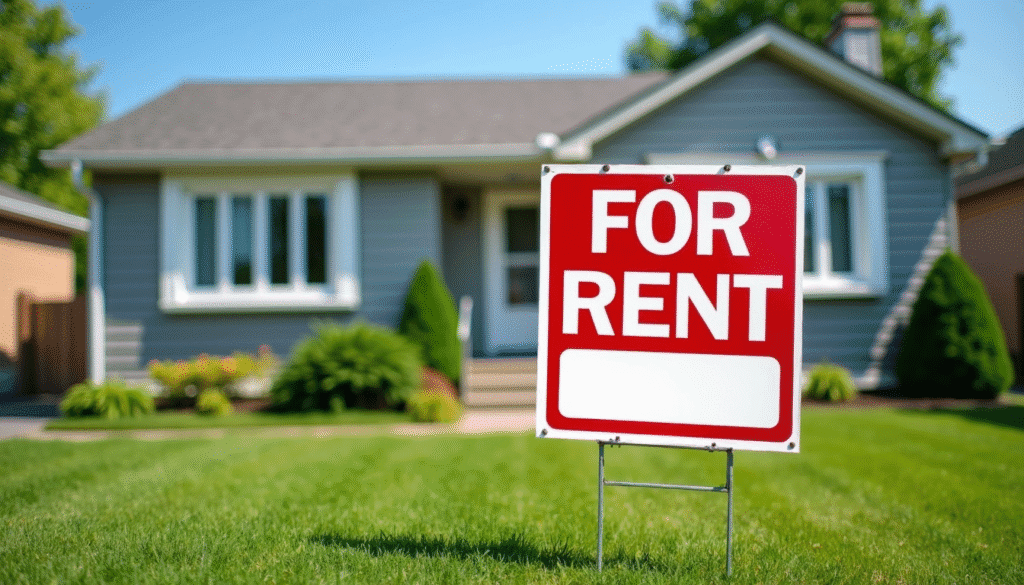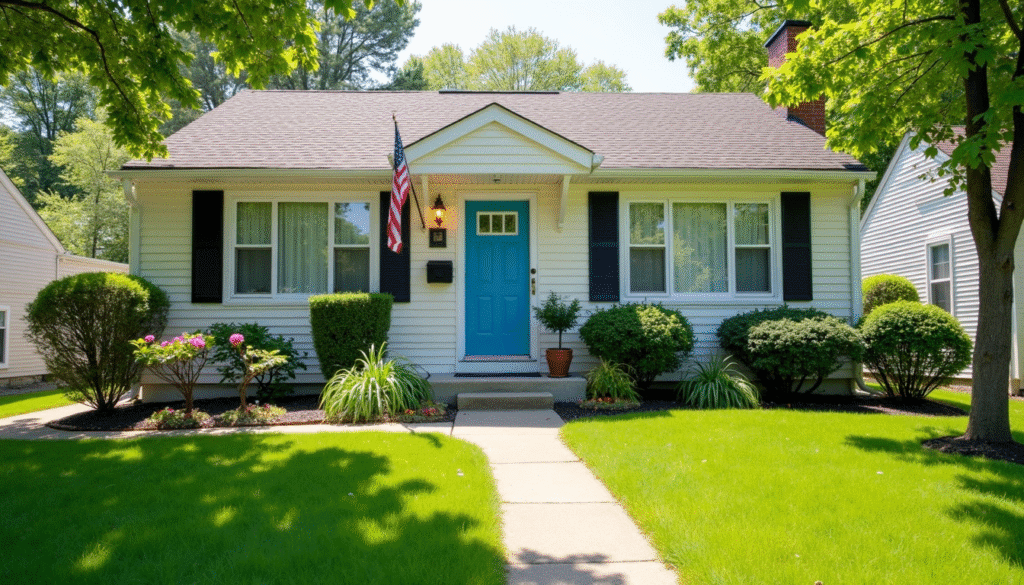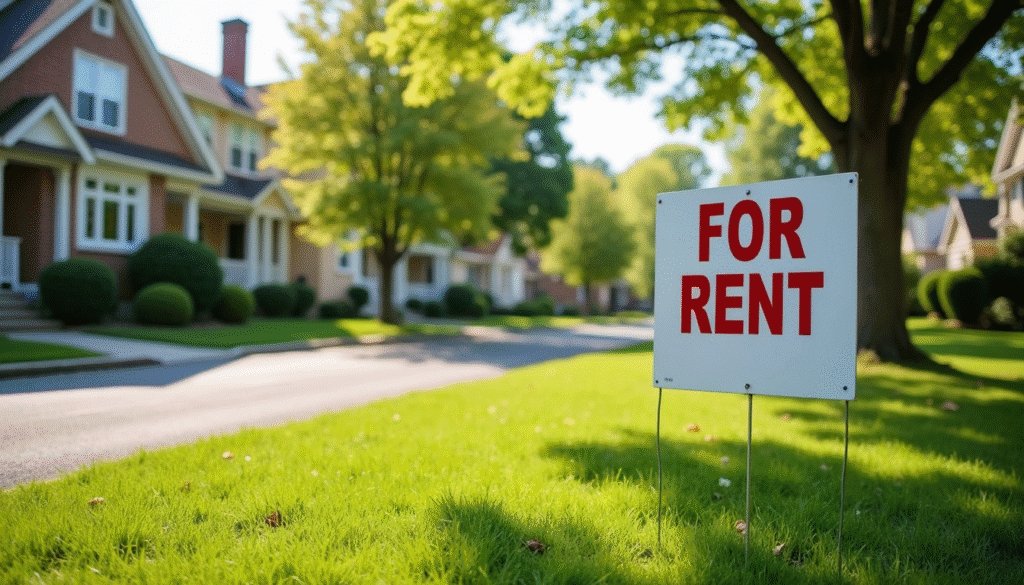In today’s evolving rental landscape, managing late rent payments and high tenant turnover is a critical concern for property owners and managers. The constant influx and outflux of tenants, often due to late rent payment penalties, can lead to increased costs and operational hurdles. However, strategic approaches can be employed to reduce tenant turnover and handle late rent payment communication effectively.
Key Takeaways:
- Recognizing and addressing factors like late rent payment grace periods and penalties is essential.
- High tenant turnover and late payments lead to significant financial repercussions.
- Effective tenant retention and late rent payment solutions include fostering communication, maintaining properties, and utilizing technology.
Understanding Tenant Turnover
Tenant turnover refers to the period when a tenant vacates a rental unit and a new tenant occupies it. It’s crucial for property managers to understand this rate, which is calculated by the number of move-outs divided by the total tenants within a year. Moreover, late rent payment agreements can significantly affect turnover rates.
Costs of Tenant Turnover
The costs associated with tenant turnover and late rent payments are substantial and include:
- Loss of rental income during vacancy.
- Expenses related to tenant screening.
- Advertising costs.
- Cleaning and repairs.
- Legal and leasing expenses.
Key Reasons for Tenant Departure
Common reasons tenants move include:
- Unresolved maintenance issues.
- Poor communication from management.
- Affordability issues.
- Neighborhood dissatisfaction.
- Late rent payment eviction.
- Changes in personal circumstances.
By identifying these factors, property managers can proactively implement measures to retain tenants, reducing both turnover and the frequency of late rent payments.
10 Effective Strategies to Minimize Turnover
-
Thoughtful Rent Increases: Conduct rent assessments carefully and communicate any increases effectively to tenants. This helps prevent late rent payments.
-
Community Building: Organize community events to foster connections among residents.
-
Continuous Market Awareness: Regularly review market conditions to keep rental offerings competitive.
-
Maintenance Management: Implement a routine maintenance schedule to address issues promptly.
-
Effective Marketing for Vacancies: Utilize digital platforms to reach potential tenants effectively.
-
Embrace PropTech: Invest in technology that enhances tenant experience and streamlines operations.
-
Screening Processes: Ensure thorough tenant screening to find suitable candidates.
-
Policy Updates: Regularly update policies to reflect current trends and late rent payment laws.
-
Offer Incentives: Provide renewal bonuses or discounts to encourage lease renewals.
-
Conduct Exit Surveys: Gather feedback from exiting tenants to identify improvement areas.
Importance of Communication
Open dialogue between management and tenants, especially when addressing late rent payment options, can significantly enhance satisfaction and retention.
Conclusion
By implementing these strategies, property managers can not only minimize turnover but also manage late rent payments more effectively, creating a thriving rental environment that benefits all parties involved.
Table of Costs Associated with Tenant Turnover and Late Rent Payments
| Cost Category | Description |
|---|---|
| Loss of Rental Income | Income lost during vacancy or due to late rent payments |
| Tenant Screening Expenses | Costs incurred during the screening process |
| Advertising Costs | Expenses related to marketing vacant units |
| Cleaning & Repairs | Costs for cleaning and repairing units post-vacancy |
| Legal & Leasing Expenses | Fees associated with lease agreements and late rent payment penalties |
Frequently Asked Questions
What is tenant turnover?
Tenant turnover is the process of vacating and filling rental properties. It’s often influenced by issues such as late rent payments.
What happens if rent is paid late?
A late rent payment can trigger penalties, late fees, or in some cases, eviction proceedings depending on the rental agreement.
How can turnover costs be minimized?
Turnover costs, including losses due to late rent payment penalties, can be minimized by implementing effective management strategies and encouraging tenant engagement.
What is a late rent payment grace period?
A late rent payment grace period is the time allowed beyond the due date before penalties or eviction processes begin.
By enhancing the communication strategies for late rent payments and improving tenant retention, property managers can reduce both turnover rates and the frequency of late payments.






